23 GPTs for Scientific Computing Powered by AI for Free of 2025
AI GPTs for Scientific Computing are advanced computational tools built upon Generative Pre-trained Transformers technology, tailored for the science and engineering fields. These AI models are designed to understand and generate human-like text based on the input they receive, making them incredibly versatile for tasks in scientific computing. They can automate data analysis, solve complex equations, simulate scientific phenomena, and assist in research by providing insights from vast amounts of data. Their relevance lies in their ability to offer customized solutions for data-intensive and computationally complex scientific tasks, thereby enhancing research efficiency and innovation.
Top 10 GPTs for Scientific Computing are: Python,Python Data Analysis,CPP、GPU,C++,MATLAB to Python,C++,Jupyter Notebook,Java,Quantum Scholar,Python
Python
Empower Your Coding with AI
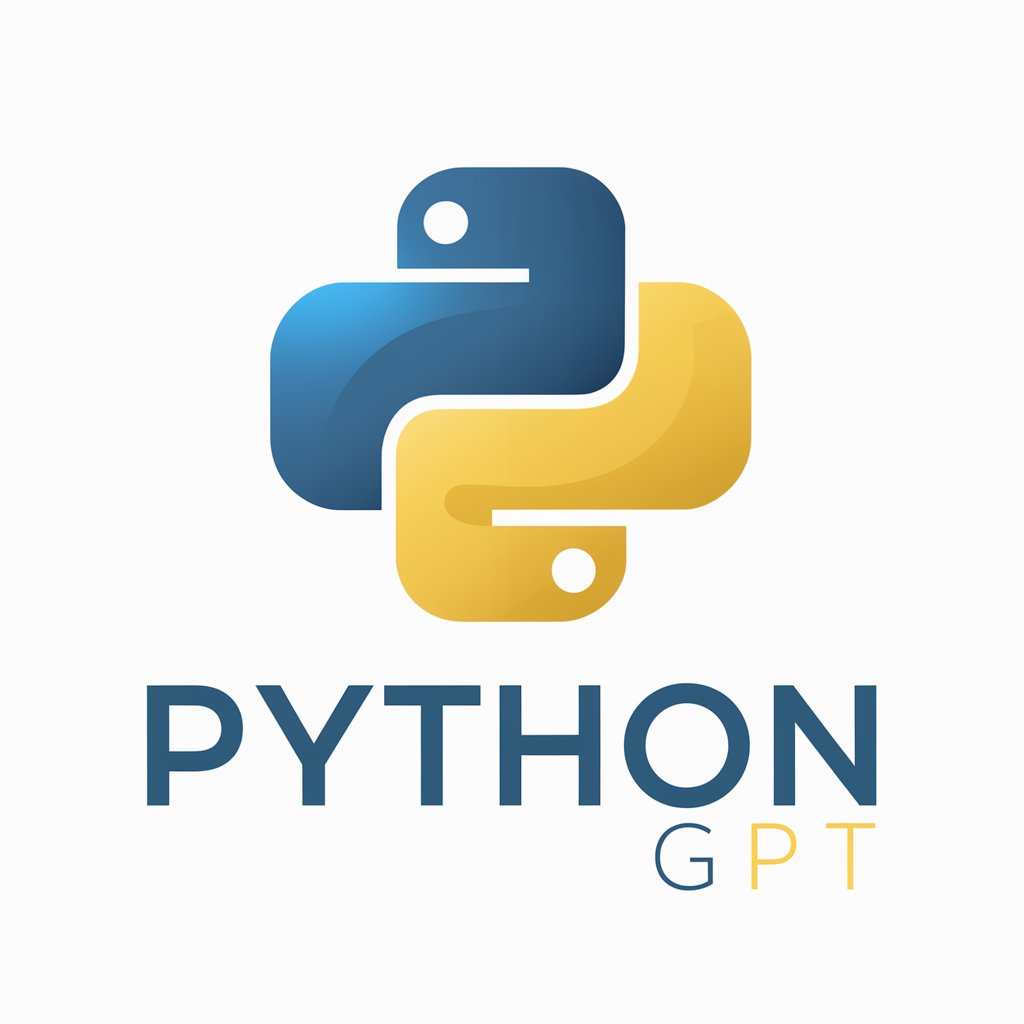
Python Data Analysis
AI-powered insights from your data
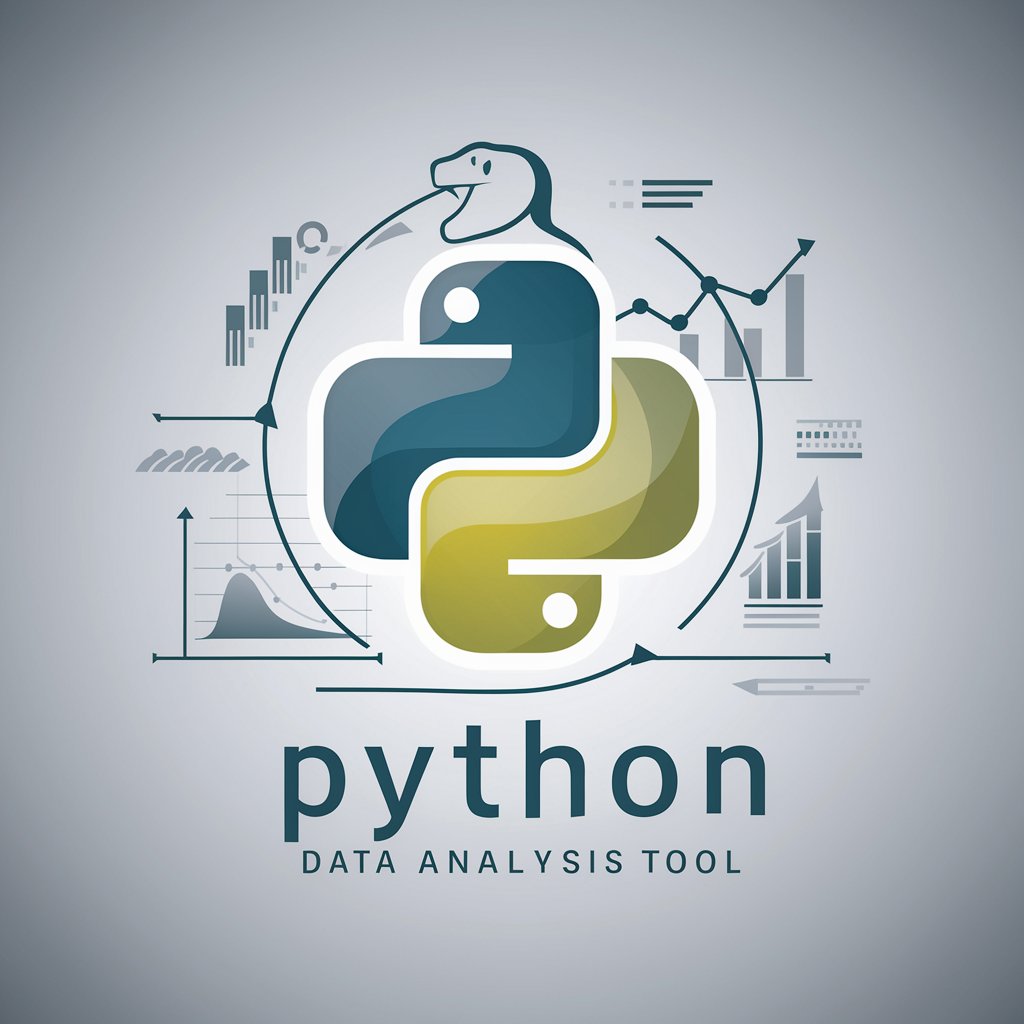
CPP、GPU
Empowering your coding journey with AI expertise.

C++
AI-Powered C++ Coding Companion

MATLAB to Python
Effortlessly bridge MATLAB and Python with AI
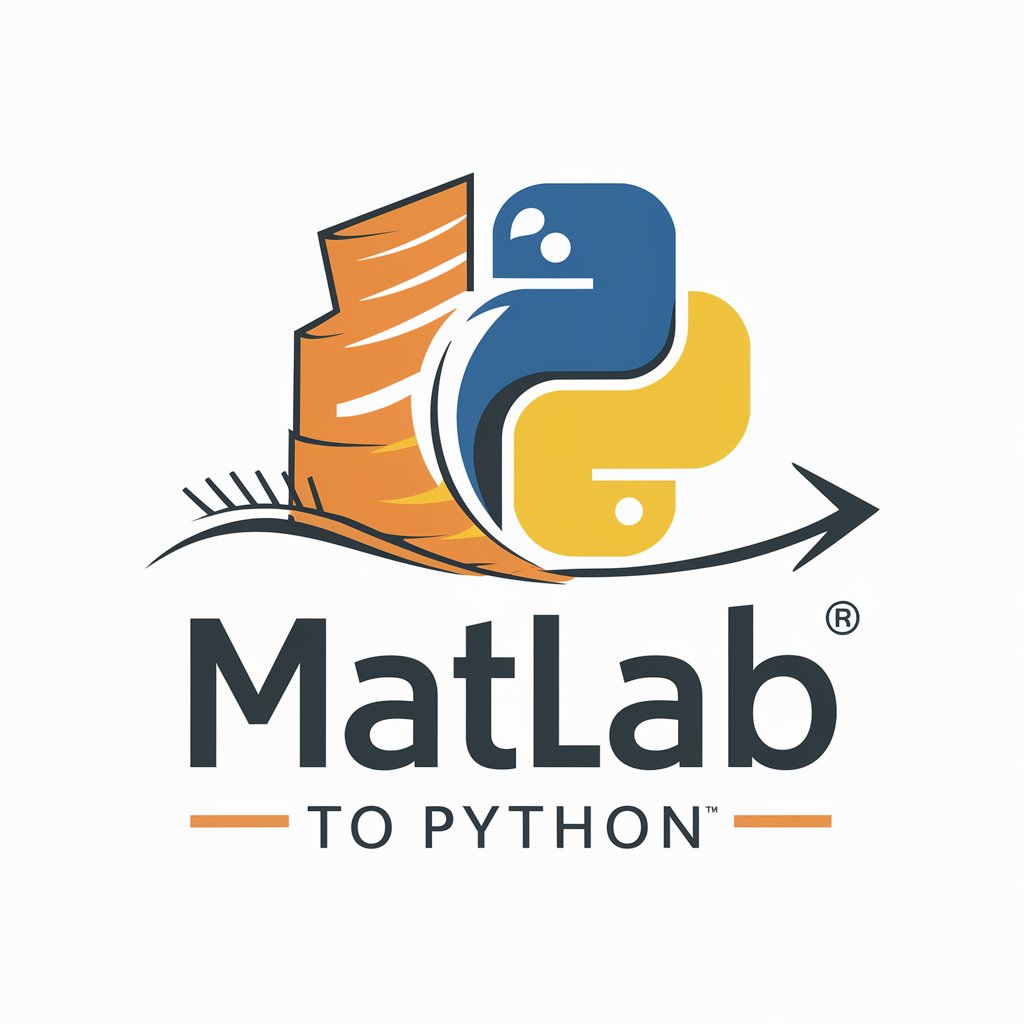
C++
Master C++ with AI-Powered Insights
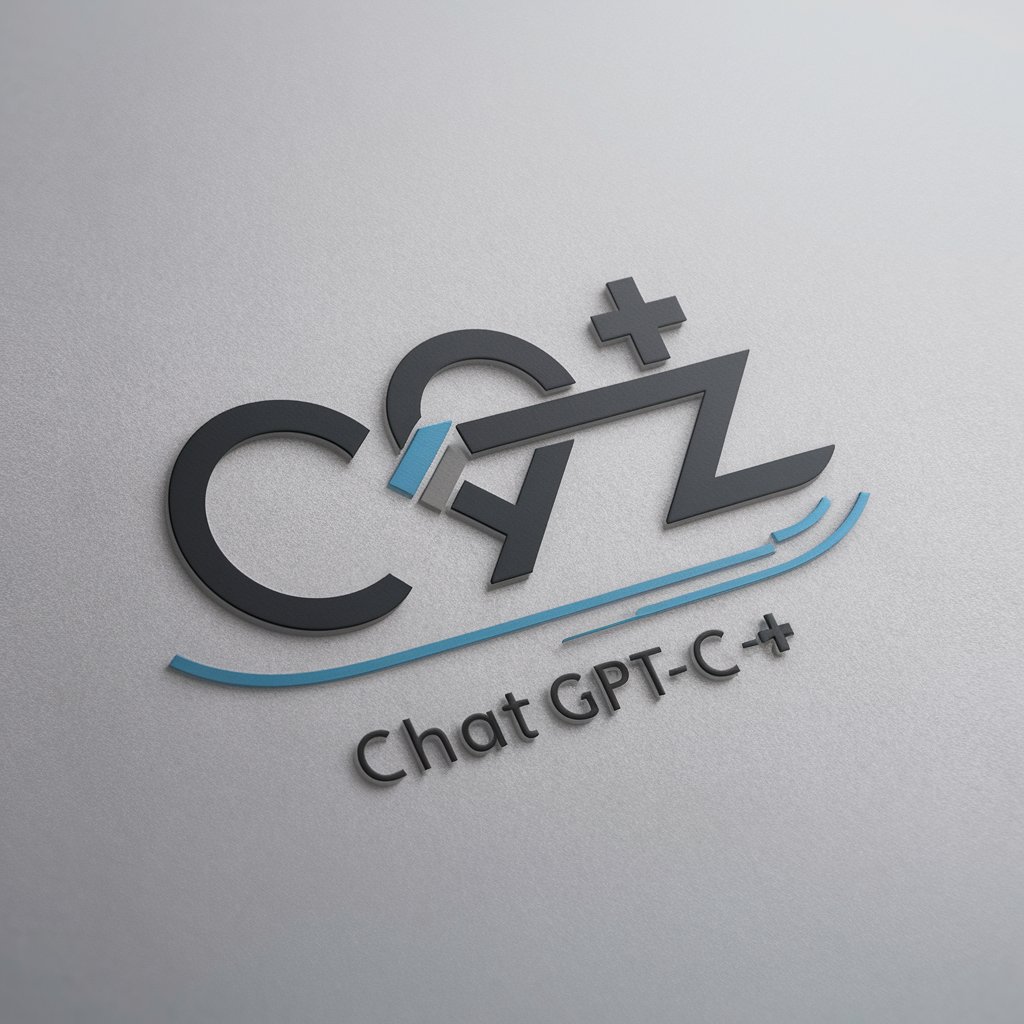
Jupyter Notebook
Explore data, run live code
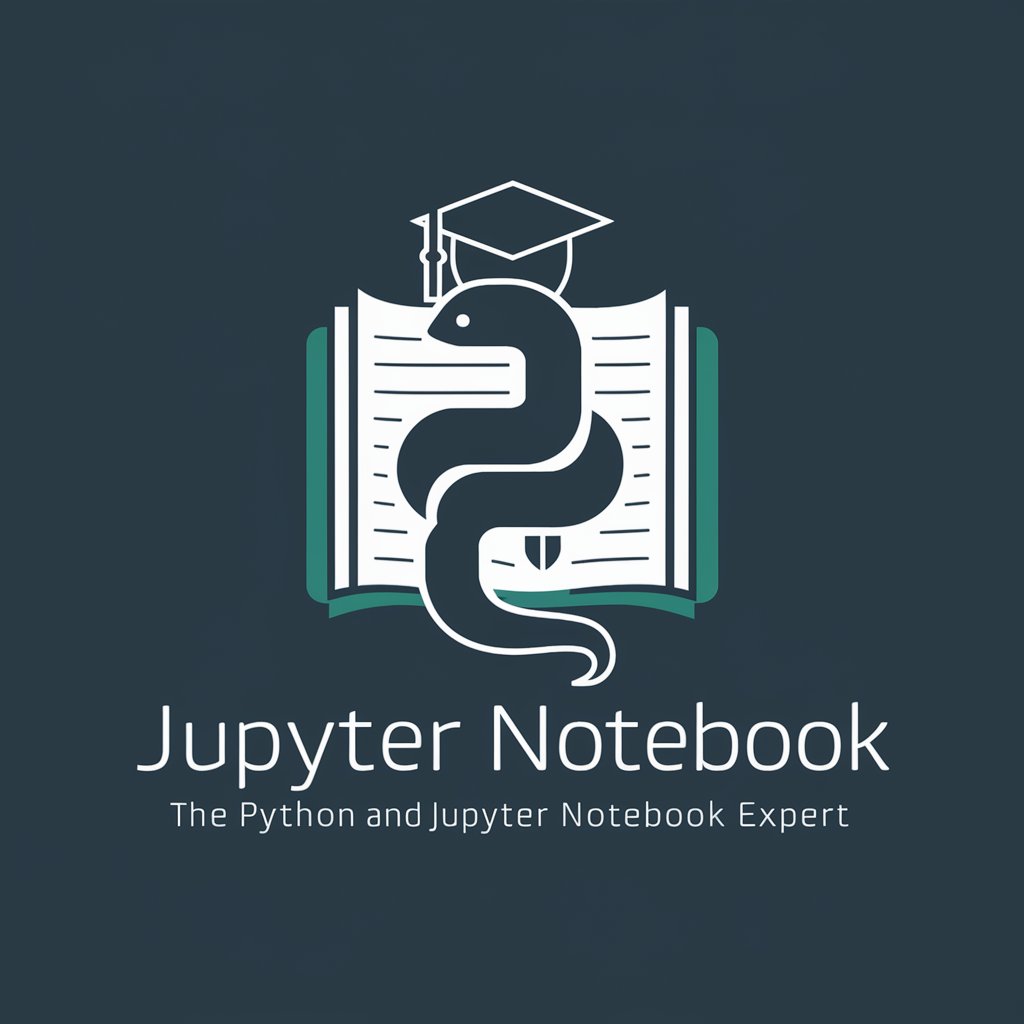
Java
Power your programming with AI
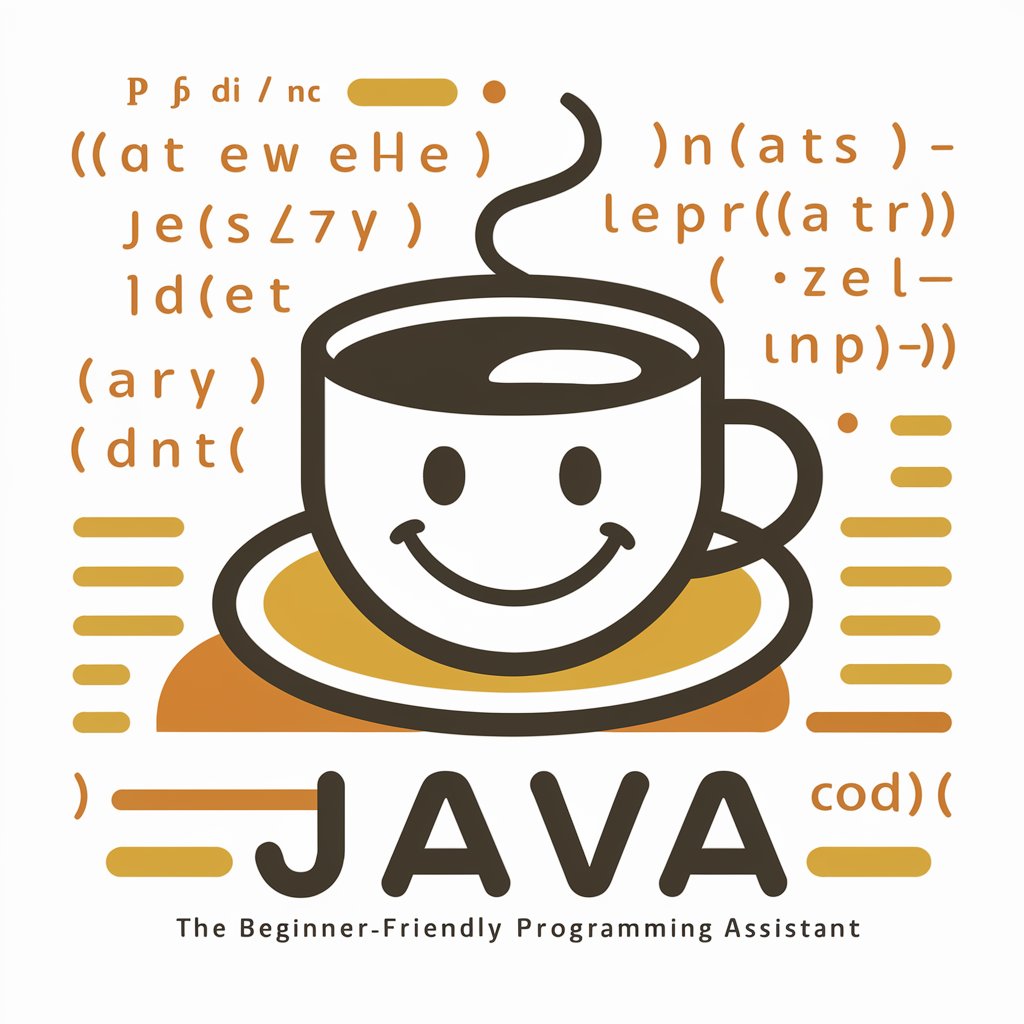
Quantum Scholar
Powering Complex Calculations with AI

Python
Empowering innovation with AI-powered coding.

Mathematics framework
Empowering Mathematical Exploration with AI
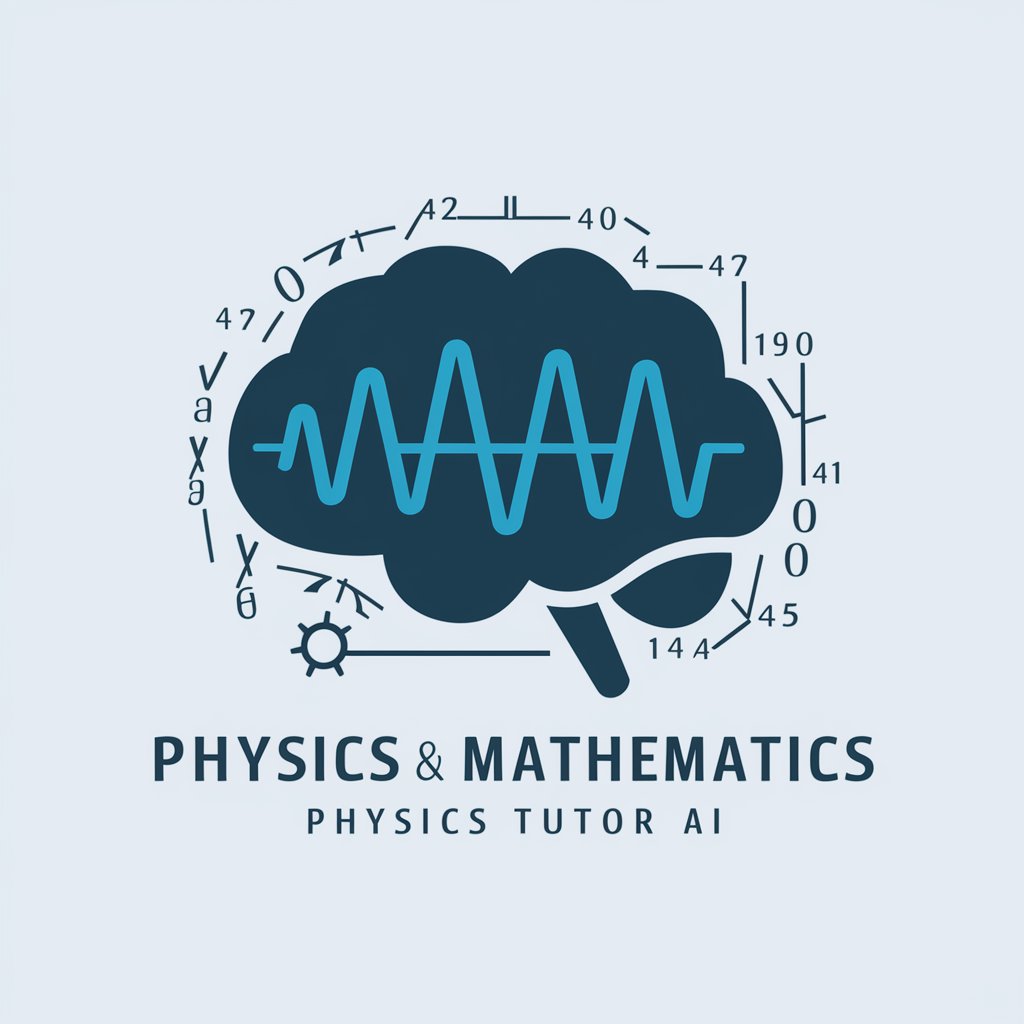
DragonPy Master
Empowering code with AI precision.

LESLEY
Powering Discovery with AI Expertise
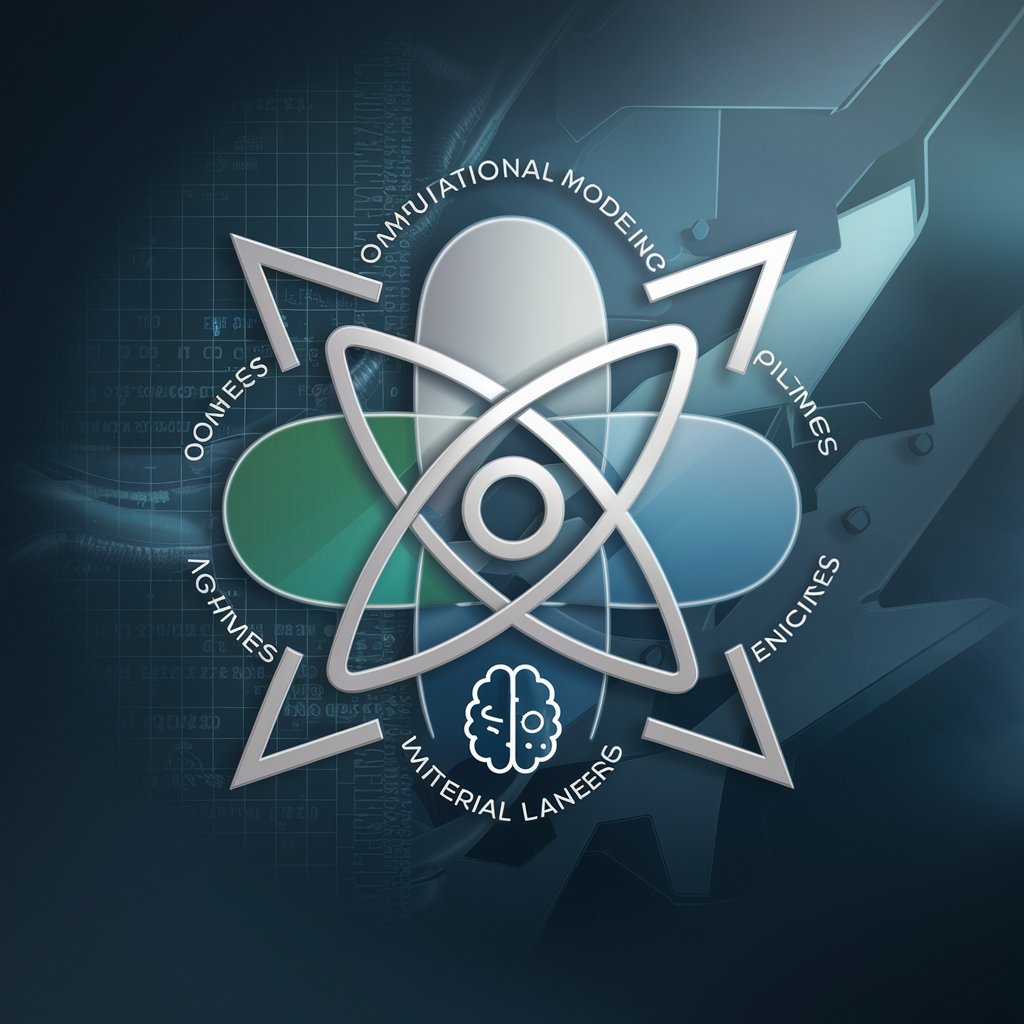
Christiann
Empowering code with AI precision.
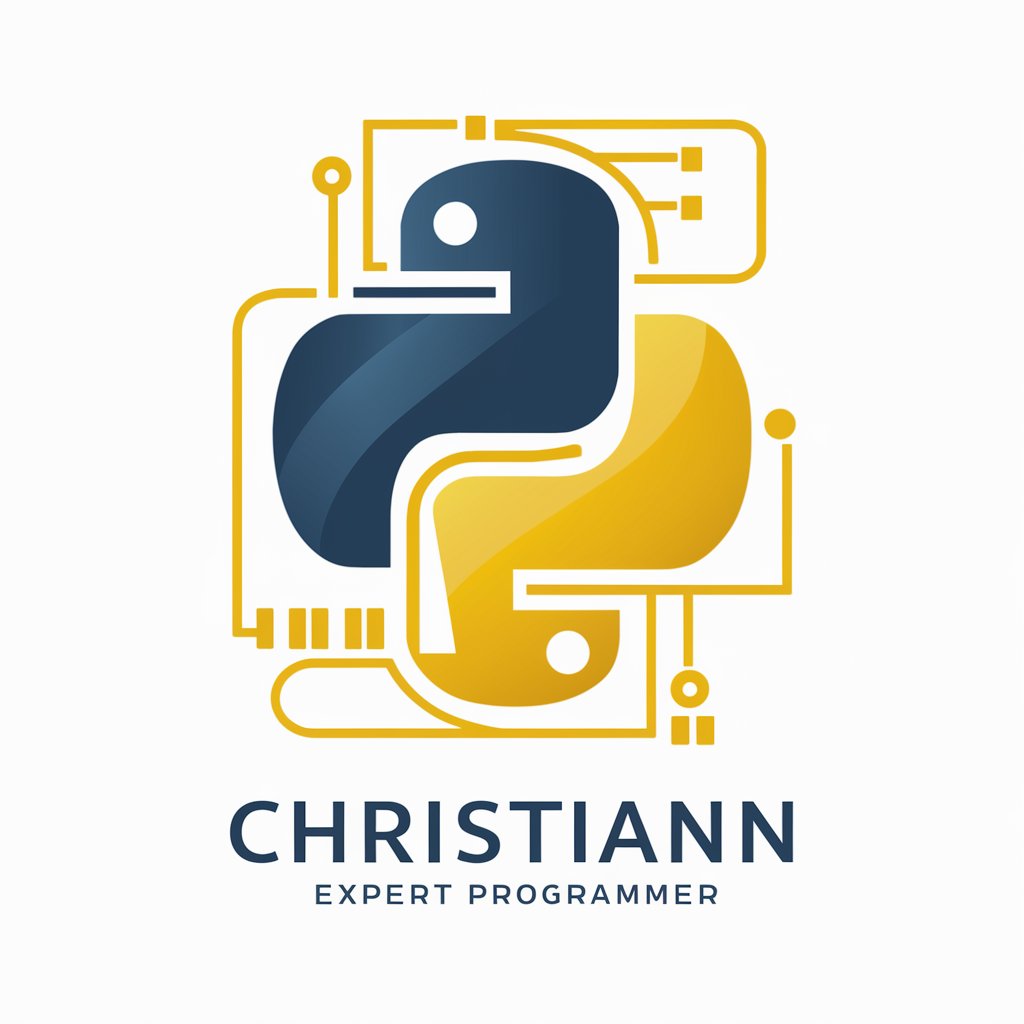
Python
Empowering your code with AI
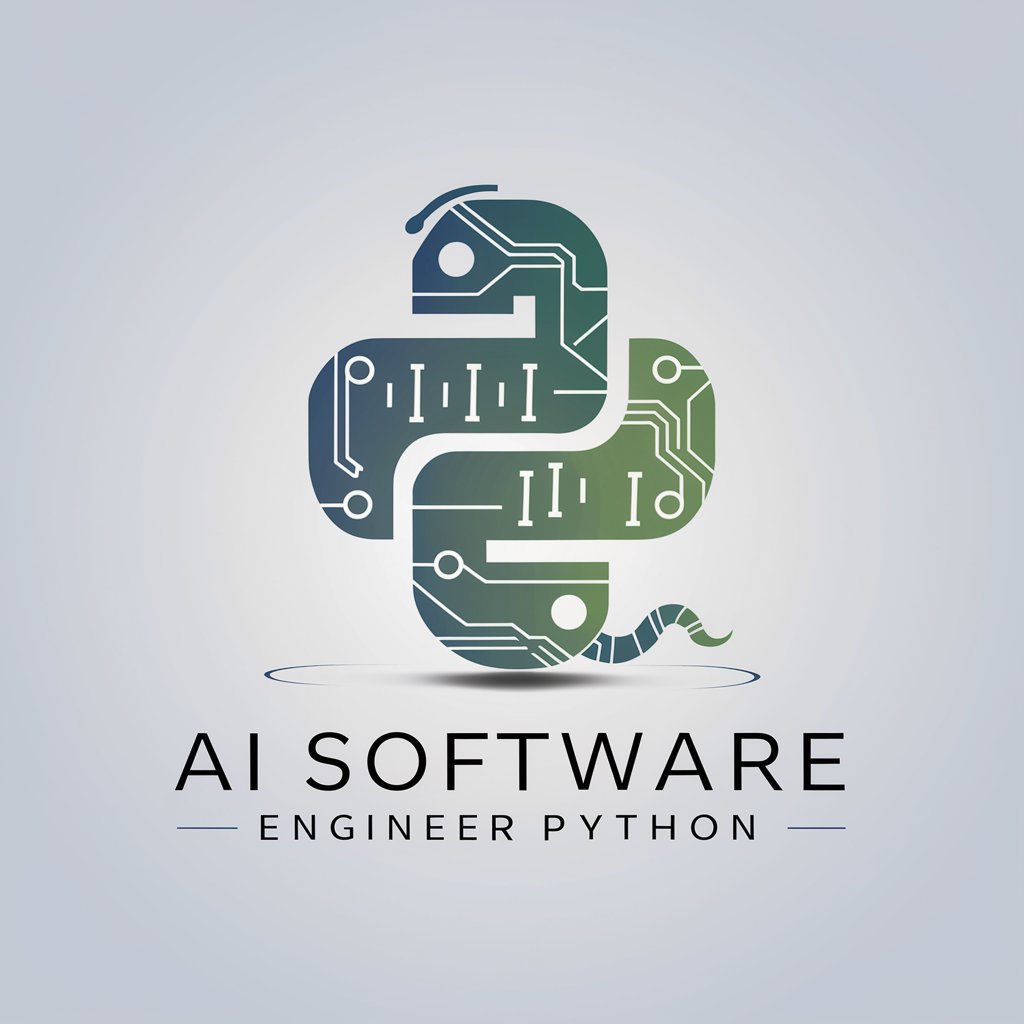
c++
Empowering development with AI-powered C++ insights.

Multimedia Maker
Empower creativity with AI-driven multimedia tools.

Wingers
Empowering your tech journey with AI.
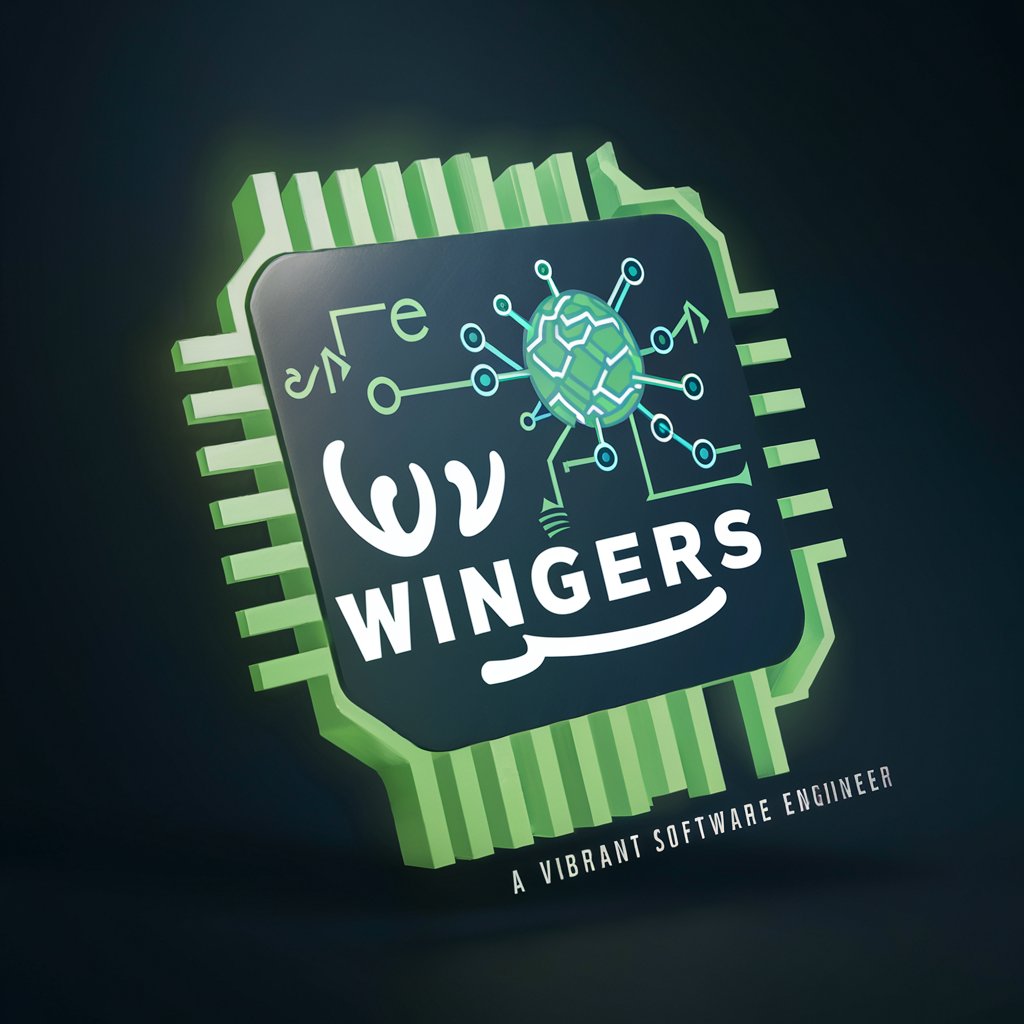
LaTeX to Maple Converter
Seamlessly convert LaTeX to Maple code.
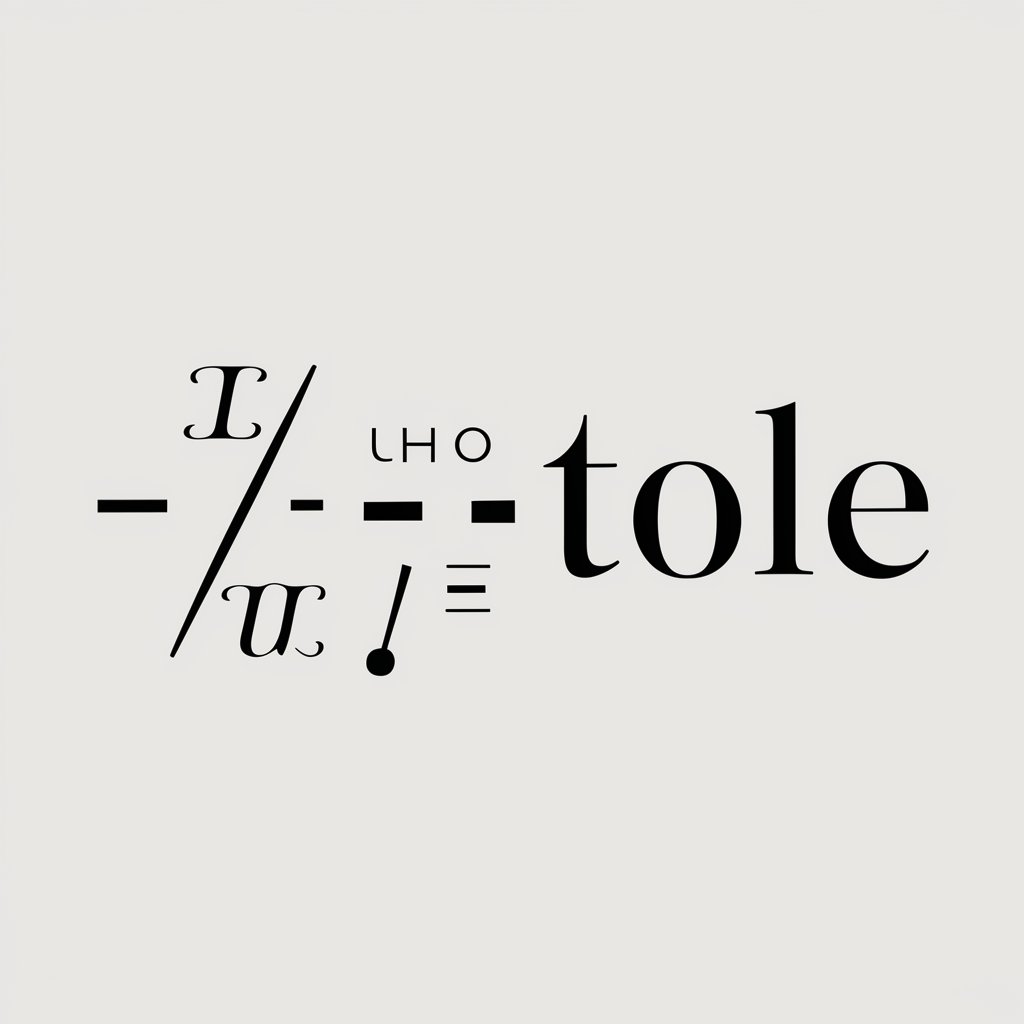
Prime Ratio Calculator
Calculating prime ratios, powered by AI

MATLAB Cluster Genius
Power Your Data With AI-Driven Clustering
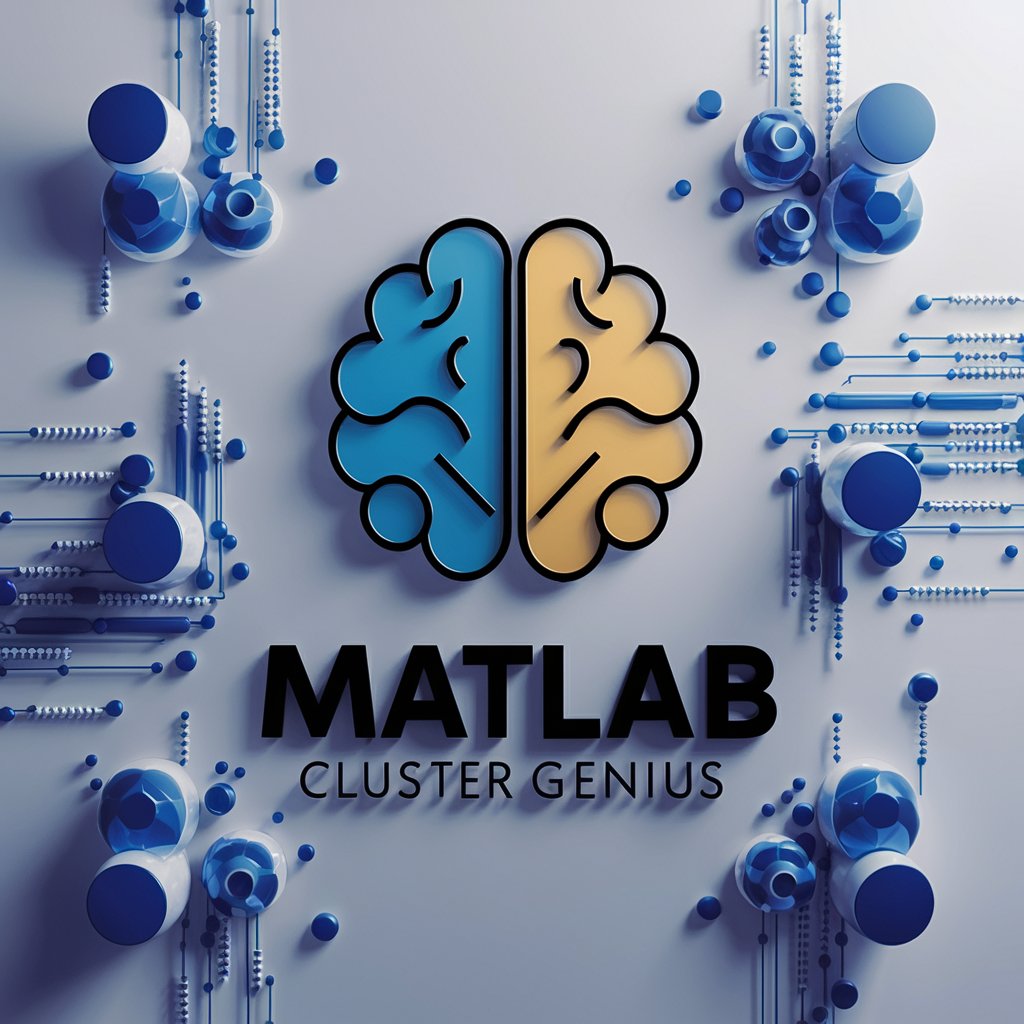
Converts displacement to strain data with Python
Transform displacement into strain effortlessly with AI.

Python Librarian
Discover Python libraries effortlessly.
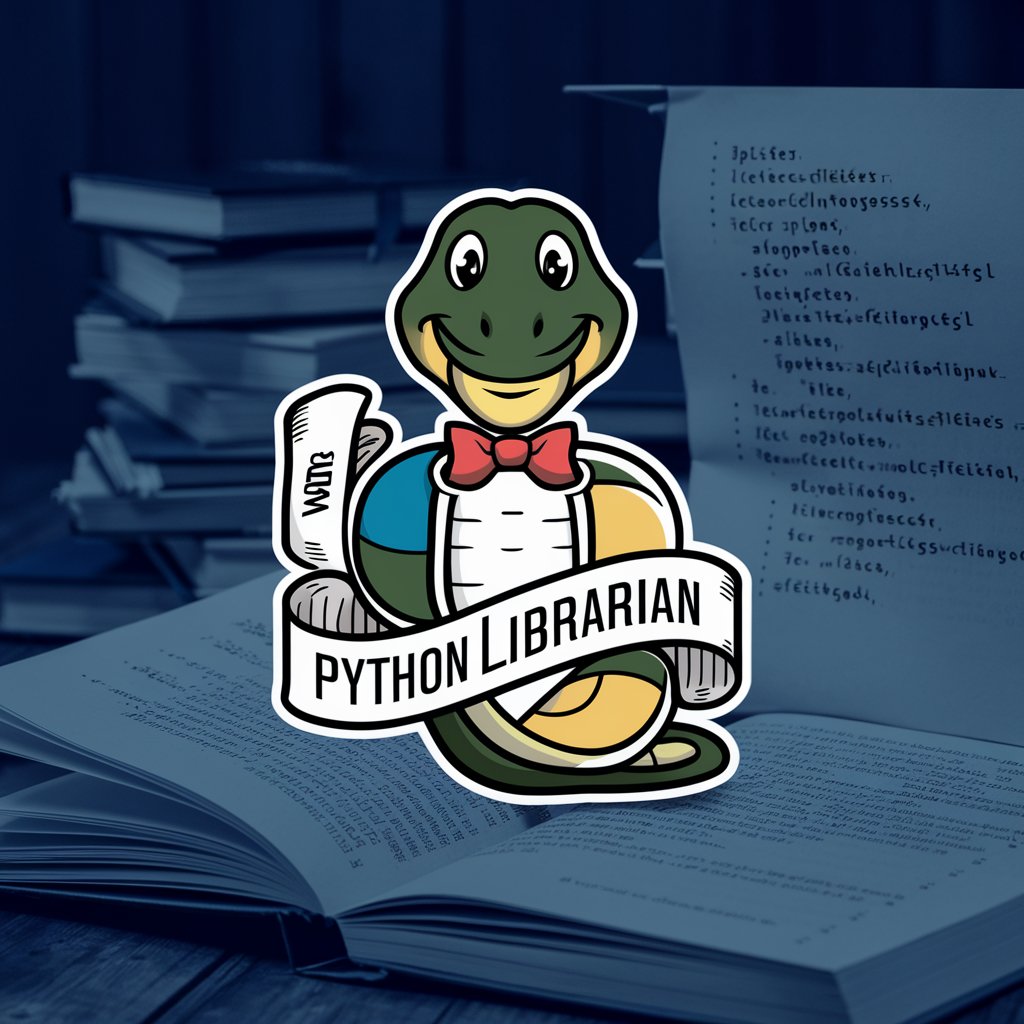
Key Capabilities of AI GPTs in Scientific Exploration
AI GPTs for Scientific Computing stand out due to their adaptability and intelligence. Key features include advanced data analysis, natural language processing, and the ability to learn from scientific literature. They can interpret complex scientific queries, generate reports, and even assist in coding for simulations and modeling. These tools also support web searching for the latest scientific research, creating informative visuals, and providing real-time technical support. Their adaptability allows them to cater to both simple and complex scientific computing needs, making them indispensable for modern scientific research.
Who Benefits from Scientific Computing AI Tools
AI GPTs for Scientific Computing are invaluable to a broad spectrum of users, ranging from students and novices in the scientific field to experienced developers and professionals. They simplify complex concepts for those without a deep understanding of programming, making scientific computing more accessible. Simultaneously, they offer powerful customization options for experts to conduct high-level research and development. This inclusivity promotes a wider adoption of scientific computing across different expertise levels, fostering innovation and learning.
Try Our other AI GPTs tools for Free
Code Portability
Discover how AI GPTs for Code Portability can revolutionize your development workflow, ensuring your code is adaptable, efficient, and error-free across multiple platforms.
Numerical Analysis
Discover the power of AI GPTs for Numerical Analysis, transforming complex numerical tasks with precision, efficiency, and adaptability for professionals and novices alike.
Optimisation Professionnelle
Discover how AI GPTs for Optimisation Professionnelle can transform your workflow with advanced automation, data analysis, and decision-making tools, tailored to your professional needs.
Grade Tracking
Discover how AI GPTs for Grade Tracking revolutionize academic performance monitoring with real-time insights, personalized feedback, and seamless integration capabilities.
Coursework Evaluation
Discover how AI GPTs revolutionize coursework evaluation with efficient, consistent grading, and personalized feedback for educational excellence.
Content Conversion
Explore AI GPTs for Content Conversion: transformative tools designed to adapt, translate, and repurpose content across formats for varied audiences and platforms.
Expanding Horizons with AI in Science
AI GPTs are revolutionizing scientific computing by offering tailored solutions across various sectors, from environmental research to pharmaceutical developments. Their user-friendly interfaces and integration capabilities make them an attractive option for enhancing traditional scientific processes, promising a future where complex computations and data analysis are more accessible and efficient.
Frequently Asked Questions
What exactly are AI GPTs for Scientific Computing?
AI GPTs for Scientific Computing are specialized AI tools designed to support and enhance tasks in scientific research and engineering, utilizing Generative Pre-trained Transformer technology for data analysis, simulations, and problem-solving.
Can AI GPTs write scientific research papers?
Yes, AI GPTs can assist in drafting scientific research papers by providing content suggestions, summarizing research, and even generating sections of text, although human oversight is essential for accuracy and ethical considerations.
How do AI GPTs support data analysis in scientific research?
They can process and analyze large datasets, identify patterns, perform statistical analysis, and generate visual representations of data, streamlining the research process.
Are there customization options for researchers with coding skills?
Absolutely. Researchers with programming expertise can customize these tools for specific tasks, such as developing custom models, integrating with existing databases, or enhancing simulations and algorithms.
Can non-experts use AI GPTs for Scientific Computing?
Yes, these tools are designed to be accessible to non-experts, offering user-friendly interfaces and guidance for conducting scientific analysis and understanding complex concepts without deep technical knowledge.
What makes AI GPTs different from traditional scientific computing tools?
AI GPTs leverage machine learning and natural language processing to offer more intuitive and adaptable solutions, unlike traditional tools that often require specific inputs and limited in flexibility.
How do AI GPTs stay updated with the latest scientific research?
These tools are continually trained on vast amounts of scientific literature and data, enabling them to stay abreast of recent developments and incorporate the latest findings into their analyses and recommendations.
Can AI GPTs for Scientific Computing integrate with existing scientific workflows?
Yes, they are designed to integrate seamlessly with existing workflows and systems, facilitating data import/export, compatibility with scientific software, and enhancing overall research efficiency.